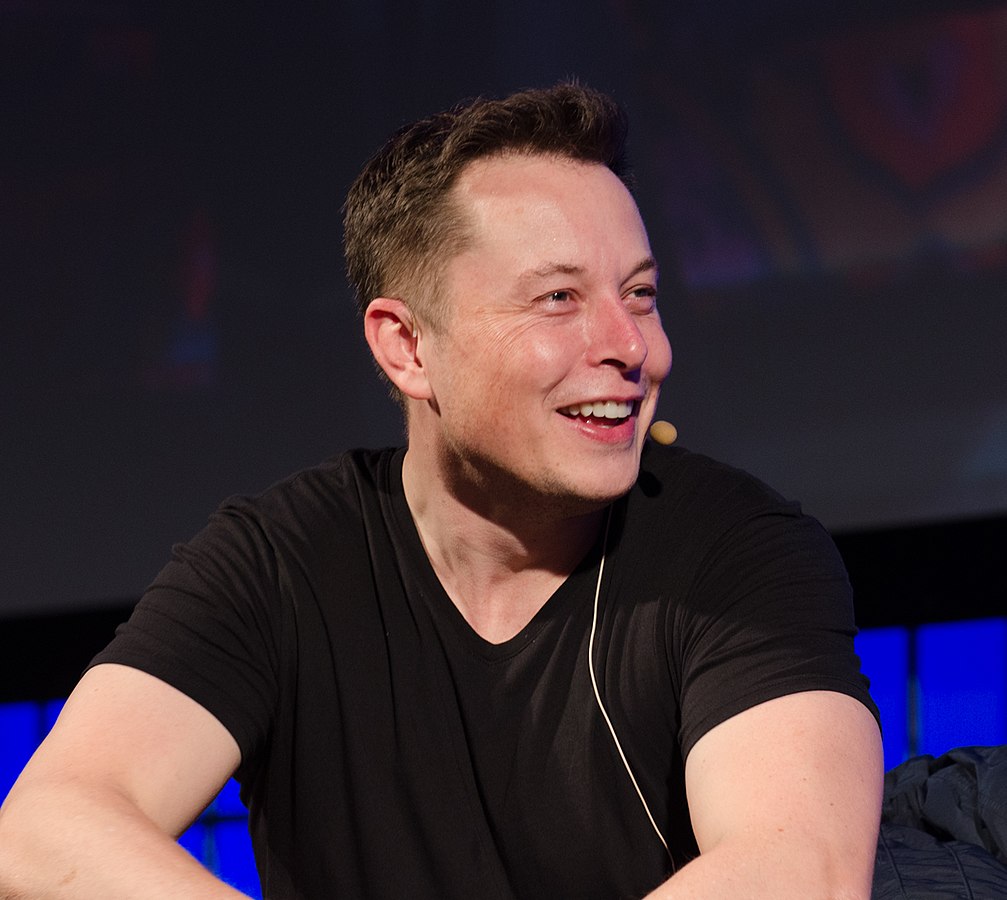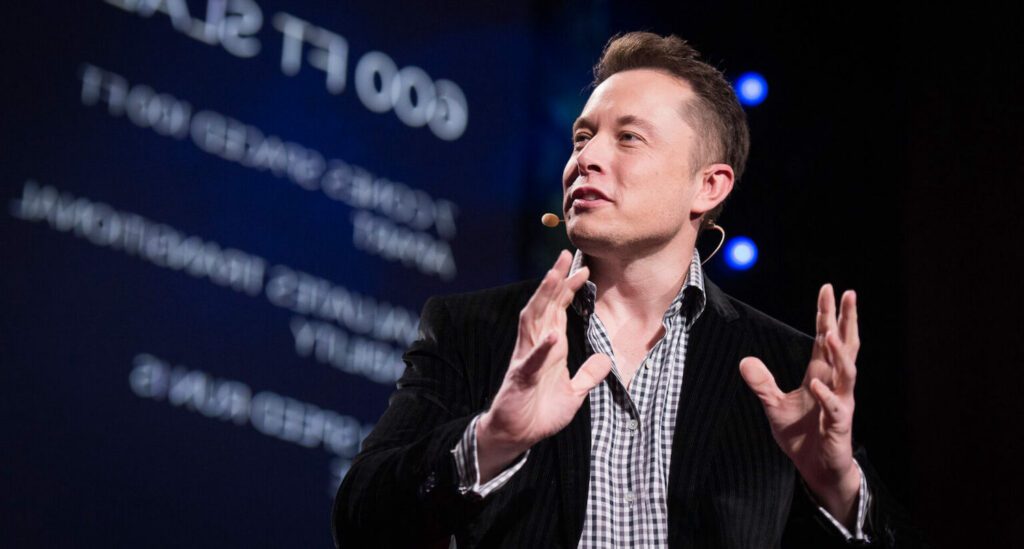
Elon Musk has stated that he is willing to purchase Twitter after all.
Elon Musk has decided to proceed with his original bid to purchase Twitter for the agreed-upon sum.
The wealthy Tesla CEO’s legal team submitted a letter to Twitter that might end the knock-down, drag-out court battle over the merger he attempted to abandon in July.
The revelation, first reported by Bloomberg, sent shares of the troubled social media company skyrocketing before the Nasdaq briefly halted trading. After trading reopened, Twitter shares jumped 22%.
In April, Musk agreed to buy Twitter for $54.20 per share, or roughly $44 billion, but then sought to back out of the deal as the company’s value, like that of other Internet firms and the broader market, fell.
Twitter filed a lawsuit forcing Musk to honor the agreement. A trial is set to start in less than two weeks. It is now up to the corporation to accept Musk’s revised offer or compel the billionaire to go to court to complete the transaction.
Musk’s legal team clarified in the letter that the offer is only valid if Twitter dismisses its case. In a statement, a Twitter spokeswoman provided scant information about the company’s plans.
We received a letter that the Musk parties had filed with the SEC. “The Company intends to close the transaction at $54.20 per share,” they stated.
According to a person close to the talks, the two parties are considering ways to end the litigation while ensuring the sale is completed.
A turbulent courtship Twitter has never sought to
Musk and Twitter have been at odds since Musk initially expressed interest in the company in early April. Musk evolved from being Twitter’s largest individual shareholder to a would-be board member to an unsolicited bidder for the hesitant buyer within months.
Twitter, which had never been up for sale in the first place, found itself in the odd position of attempting to push Musk to buy it while acknowledging that the prospect of his own was creating upheaval in its already suffering business.
Musk has used his Twitter account, which now has almost 108 million followers, to mock the firm, criticize its products, target its executives, and keep the world guessing about what he’ll do next.
In January, the billionaire began purchasing Twitter stock. He’d become the company’s largest individual shareholder by spring, but he didn’t tell regulators or the public until early April. According to Twitter’s lawsuit, he said the firm at the time that he saw three options: join its board, acquire the company and take it private, or build a competing social network.
Musk made an unsolicited offer to buy Twitter for $54.20 per share, or around $44 billion, after accepting and declining an invitation to join the company’s board.
Twitter initially resisted, instituting a “poison pill” to stall Musk’s approach and give the board and management time to compare Musk’s offer to other options. Musk began tweeting veiled threats to make a direct tender offer to Twitter shareholders to get his way.

Finally, in late April, Twitter agreed to sell to Musk. Musk and the corporation agreed to an agreement in which Musk waived any additional due diligence, pledged tens of billions of dollars, and vowed not to use his Twitter platform to trash the company. The agreement featured another significant safeguard for Twitter: if Musk tried to back out, the firm could take him to court to force him to finish the purchase.
Musk’s change of heart has resulted in a high-stakes court dispute, with a trial set for this month.
The ink on the agreement had scarcely dried when Musk began to imply he had cold feet. When he agreed to the acquisition, he stated that one of his aims for owning Twitter was to clean up the platform’s long-standing issues with spam and automated bot accounts. Soon after, he stated that he did not want to purchase Twitter because of the bots, accusing the firm of misleading him and the public about the scope of the problem. (Twitter has long claimed that approximately 5% of everyday users are not real persons.)
He declared his intention to terminate the agreement in early July, citing concerns about Twitter’s user numbers and charges that Twitter tricked him. Two days later, Twitter filed a lawsuit to compel Musk to honor the deal’s conditions.
Twitter accused Musk of having buyer’s remorse, pointing out that the stock market meltdown since the agreement was inked made the sum Musk agreed to pay appear absurd and diminished the value of his Tesla investment, which was his principal source of income.
The corporation contended Musk’s assertions about bots were irrelevant to whether he violated the legal agreement, which did not mention how many Twitter accounts are fake.
Indeed, Musk revised his legal argument in August after Twitter’s former security head filed a federal complaint alleging that the firm was endangering users’ privacy and key company information through shoddy security methods. (Twitter has termed the accusations false, contradictory, and opportunistic.)
Musk’s decision comes after a fascinating discovery process in which attorneys for both sides issued over a hundred subpoenas and took dozens of depositions.
Internal emails and messages began to emerge from the lawsuit, including a cache of Musk’s texts in which some of Silicon Valley’s richest, most influential, and boldfaced personalities begged to be in on the deal, threw out free advice, and loved up to him.
Musk is due to testify in court this week. A five-day trial is set to begin on October 17.